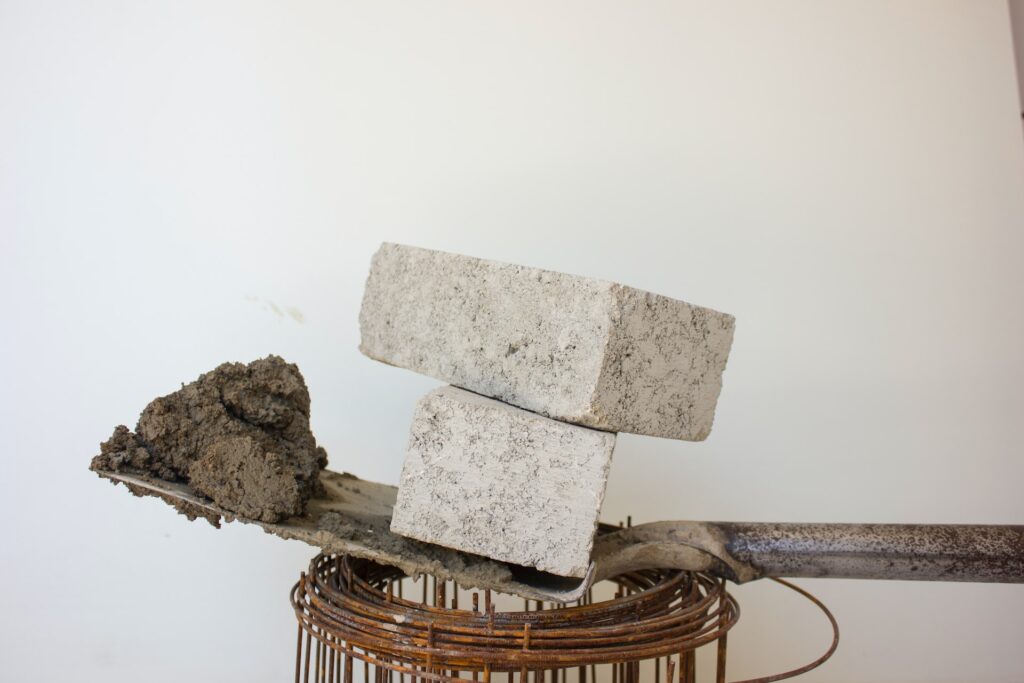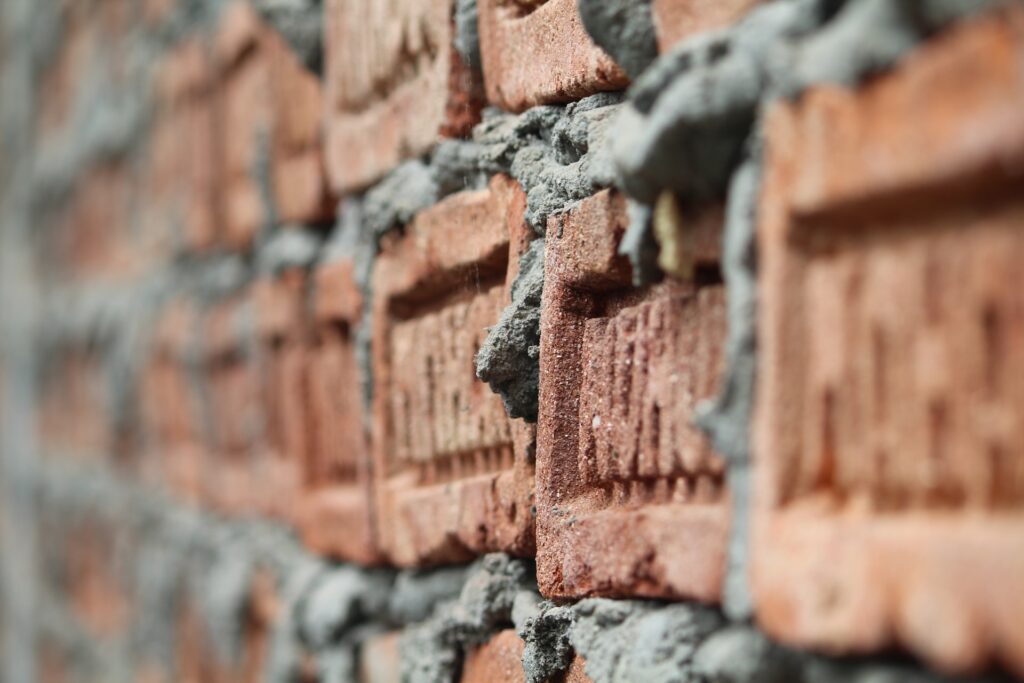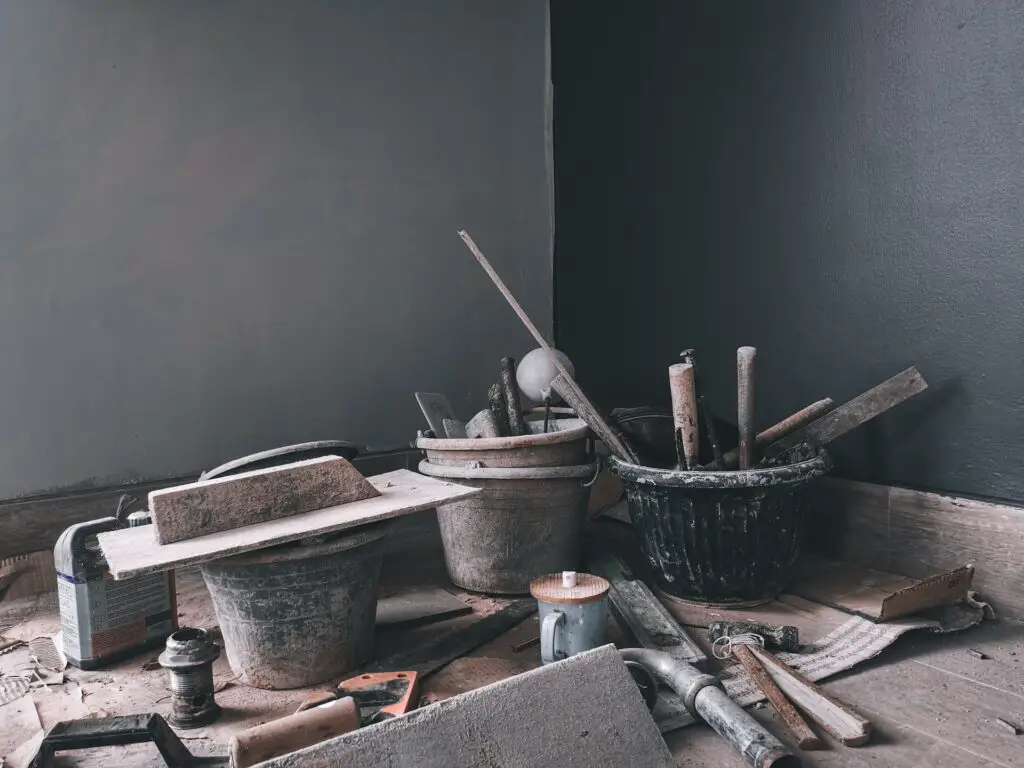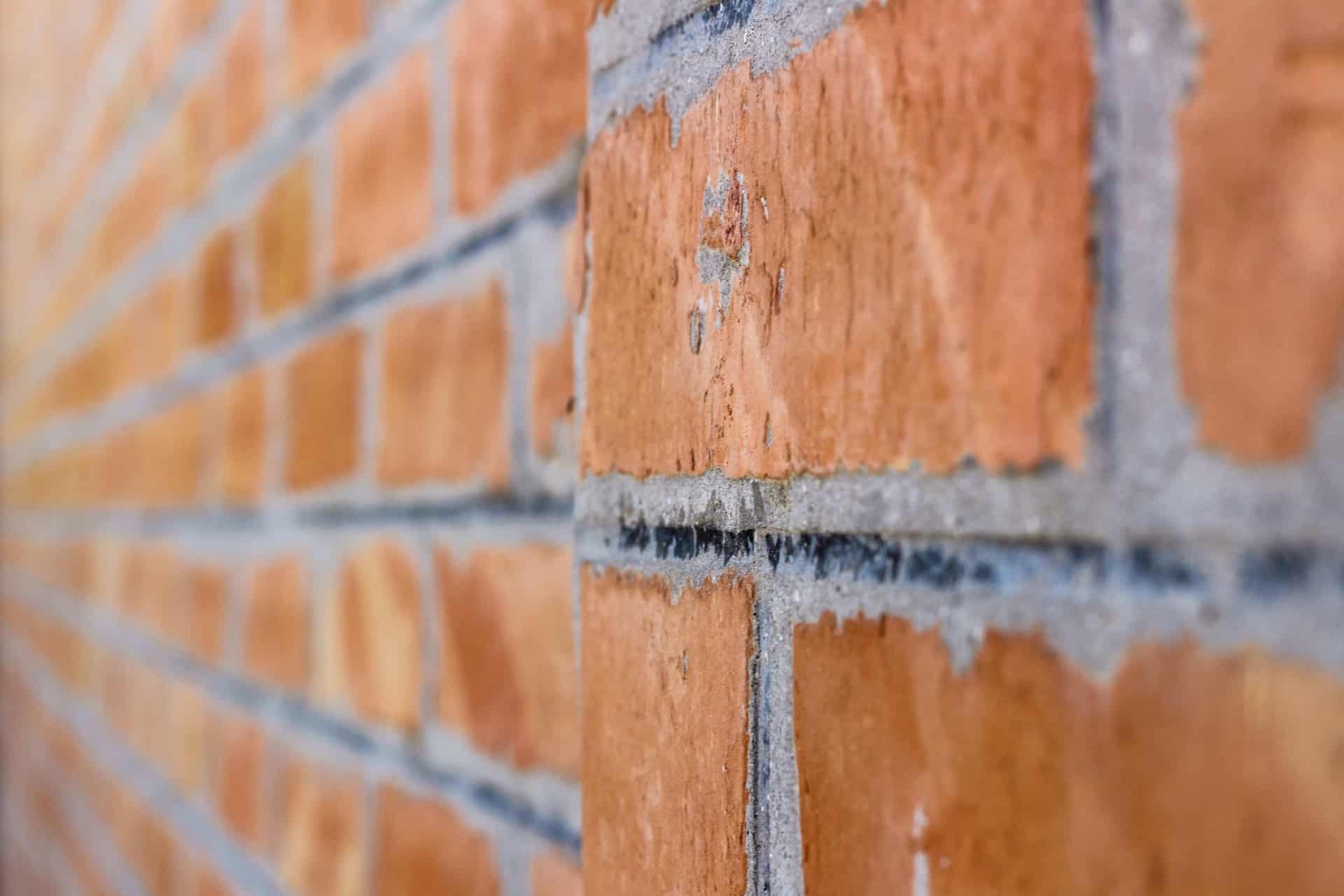Starting a masonry project is problematic because it requires a lot of knowledge and skill, and selecting the perfect mortar for them is challenging. However, we are here to help with our guide on how to choose the right mortar type for your masonry project!
The traits of type K
Starting our guide on choosing the right mortar type for your masonry project is type K mortar. Now, note that if you consider choosing building materials for your home, this is probably not the mortar you want to pick. That is because type K mortar has meager compressive strength. It only offers around 75 psi, which is very low and not resistant. This type of mortar is not usual for new masonry projects. Instead, it is excellent for restoration work. It is better for the restoration of historical or ancient buildings. So, if you’re living in a historic home, especially a specially protected building, or have purchased a heritage-listed home and want to do repairs, this is your best bet. It is considered okay to use even on buildings requiring a special mix.
The advantages of type O
Type O mortar is another example of a mix with somewhat low compressive strength, sitting at around 350 psi. Type O, however, might be the right choice when choosing the right mortar type for your masonry project if you focus only on the interior and non-load-bearing walls. That is because it has excellent consistency and ease of application. These traits make it possible for even relative beginners to use it in DIY repair projects. Note, of course, that if you are trying to make repairs on your own, you want to move any belongings that can get ruined by mortar out of that room. The experts from spydermoving.com typically suggest renting a storage unit in this scenario. You should also never use type O mortar on your home’s exterior. It does not hold up well to strong winds and will cause problems for your build.
Type N mortar
Type N mortar is for a home’s exterior and abode-grade walls. Furthermore, this mortar has between 1500 and 2400 psi of compressive strength. This psi level makes it ideal for any sort of above-grade masonry project, but it falls a tiny bit short of recommended levels for below-grade work. So, while it is fantastic to construct load-bearing walls, it is unwise to use them for your home’s foundation. The most it can be stretched to is building a driveway if its strength is on the upper end of its limits. Another valuable trait of this mortar type is its strong resistance to severe weather—particularly its resistance to high heat. So, this is your best pick if you are looking for mortar to use on your home’s exterior in a very sunny and hot area.
The time to use type S
While it is not as popular as type N mortar for above-grade work, type S has excellent versatility. It has a decent level of compressive strength, sitting around 1.800 psi. However, you can mix it for compressive strength up to 3.000 psi. That means it is also very commonly used for below-grade work. Things such as sewers, foundations, and even load-bearing walls and walkways are often built out of it. Its ability to withstand soil pressure and seismic and wind loads makes it excellent for builds in high-risk areas—or even areas with hostile weather conditions and homes requiring more resilience.

The use of type M
The standard type M mortar mix is the strongest on our list, sitting around at least 2.500 psi. This level of compressive strength makes it ideal for any type of below-grade application. If you are looking to choose the right mortar type for your masonry project to use in your home’s foundation, driveways, or retaining walls, then this is the right one. It guarantees safety in the construction of these parts of your home and can ensure construction site safety too. Now, this does not mean that it is perfect. It has decidedly poor adhesion and even sealing properties. That means that you can’t use it in most exposed applications. So, building your exterior walls out of this material would be wrong. This mix is also preferred when looking for a mortar to go with natural stone since they have equal compressive strength.

When to use thin-set mortar
When choosing the right mortar type for your masonry project, the final option is the thin-set mortar. This type of mortar is not for serious construction projects. It has the lowest psi on our list and can withstand very little weight or pressure. However, it is perfect for DIY masonry projects around your home for several reasons. First, you can easily mix it up, even if you are a beginner. Second, it is terrific for tiling your floors or walls. Finally, since you can use it indoors, its weakness to the elements doesn’t come into play.

Planning out your project the right way
As we can tell from our guide on choosing the right mortar type for your masonry project, making the right choice will primarily come down to your needs. The perfect kind of mortar for your project does not just come down to the project itself. It also depends on your local climate, weather conditions, and even the frequency of natural disasters, such as earthquakes in your area. You can make the ideal selection by considering all of this. As such, consulting professionals and planning thoroughly are crucial for your masonry project to succeed.


